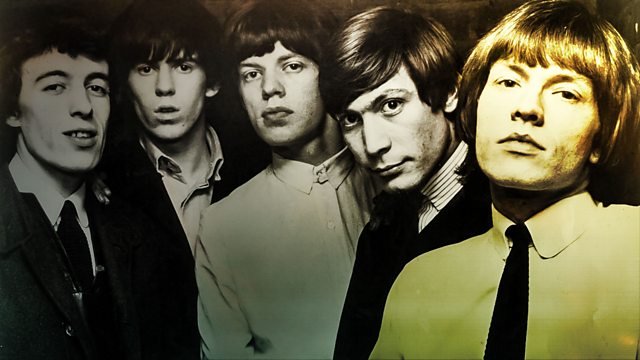“I aspire to create music that aligns with my artistic vision, distinct from the musical path of The Rolling Stones,” declared Brian Jones in his official departure statement from the iconic band on June 8th, 1969. Despite his assertion that the split was amicable, the unfolding history revealed a narrative far more complex and sorrowful.
The genesis of The Rolling Stones saw them as a group of friends united by a shared passion for American blues music, exuding a youthful exuberance that swiftly catapulted them to stardom. Yet, as success beckoned, the perilous trinity of sex, drugs, and rock and roll began to erode the bonds that once united them, reaching a crescendo during the tumultuous 1968 Beggars Banquet sessions.
The narrative took a dark turn with the introduction of Anita Pallenberg in 1965. Jones and Pallenberg’s relationship was marked by turbulence and violence, prompting Keith Richards to intervene after witnessing his bandmate assaulting his girlfriend. However, tensions heightened as Pallenberg gravitated towards Richards, sparking a romantic entanglement that fractured friendships. Richards later reflected, “That was the final nail in the coffin with me and Brian.”
The crux of the issue, however, lay in the realm of drugs. The narcotics that initially fueled their hedonistic lifestyle began to impede their creative process. While Jones wasn’t the sole user, his inability to function cohesively with the band set him apart. Producer Jimmy Miller, describing the rest of the band as “workhorses,” admitted to isolating Jones during recording sessions, leaving the remaining members to forge ahead. Frustration reached its peak when on rare occasions Jones did show up, the band would sideline him, with calls from Mick and Keith to “tell him to piss off and get the hell out of here.”
Jones, unable to reconcile his hedonistic inclinations with a focused musical approach, became a liability. When his drug use led to visa complications preventing entry to the US, the band realized it was time for a decisive break.
On the enigmatic night of June 8th, 1969, Mick Jagger, Keith Richards, and Charlie Watts visited Jones at Cotchford Farmhouse for an intervention. Biographical accounts differ, with some suggesting Jones was simply fired, while Richards insisted the departure was amicable, acknowledging Jones’ awareness of his unfit state for touring.
“We’d known for a few months that Brian wasn’t keen,” stated Mick Jagger officially. “He wasn’t enjoying himself and it got to the stage where we had to sit down and talk about it. So we did and decided the best thing was for him to leave.”
Tragically, less than a month later, Jones was found dead. His demise stands as a poignant reminder of the darker consequences of hedonism, leaving the world forever wondering about the uncharted musical territories Jones might have explored.
